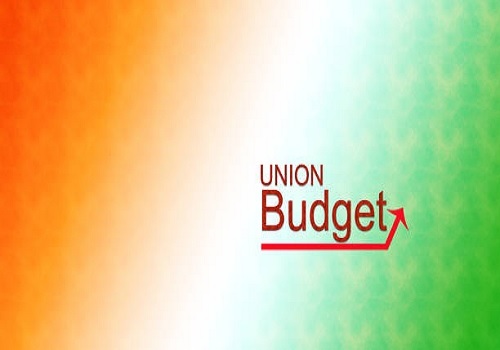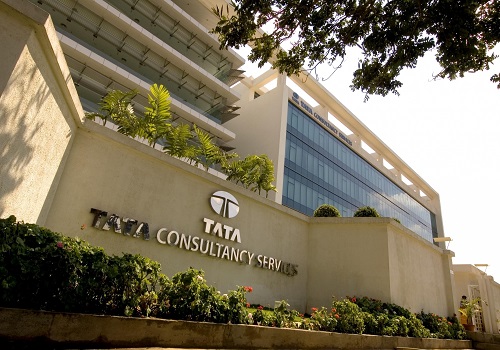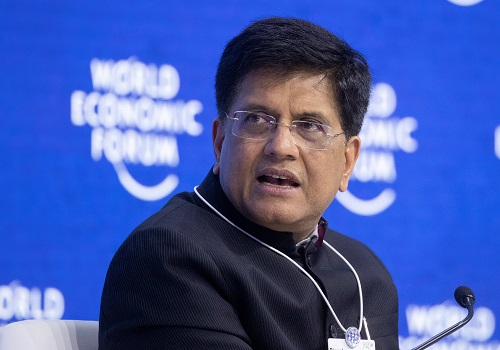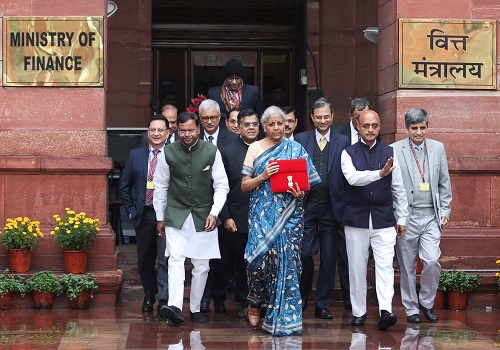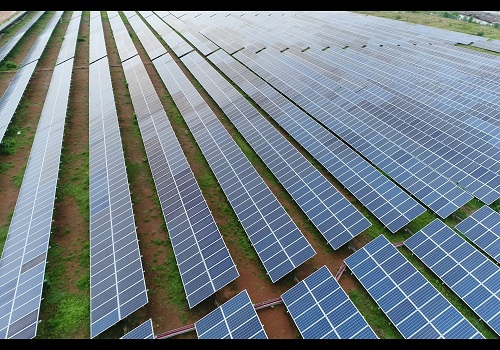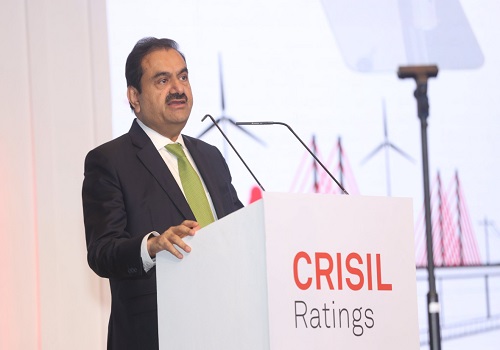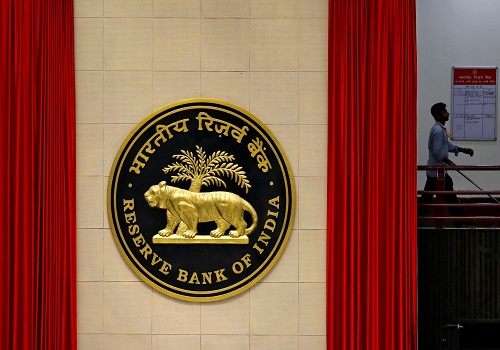FM cuts fiscal deficit to 4.9 pc to keep economy on stable growth path

Presenting the Union Budget 2024-25 in the Parliament on Tuesday, Finance Minister Nirmala Sitharaman fixed the fiscal deficit at 4.9 per cent of GDP despite higher allocations for social welfare schemes due to robust tax collections in a fast-growing economy.
Sticking to the fiscal consolidation path will help ensure a stable growth path for the economy as a lower deficit helps keep inflation in check.
“The gross and net market borrowings through dated securities during 2024-25 are estimated at Rs 14.01 lakh crore and Rs 11.63 lakh crore, respectively. Both will be less than the 2023-24 figures,” the Finance Minister said.
The reduced borrowings by the government will leave more money in the banking system for companies to borrow for investments, which will in turn help spur growth and create more jobs.
Sitharaman also said that for the 2024-25 fiscal, total receipts other than borrowings and the total expenditure are estimated at Rs 32.07 lakh crore and Rs 48.21 lakh crore, respectively. The net tax receipts are estimated at Rs 25.83 lakh crore.
“The fiscal consolidation path announced by me in 2021 has served our economy very well, and we aim to reach a deficit below 4.5 per cent next year,” the Finance Minister said during her 80-minute Budget speech.
She also said the government is committed to staying the course on fiscal consolidation.
“From 2026-27 onwards, our endeavour will be to keep the fiscal deficit each year such that the Central government debt will be on a declining path as a percentage of GDP,” the Finance Minister said.
She also pointed out in her speech that GST has been a “success of vast proportions".
“To multiply the benefits of GST, we will strive to further simplify and rationalise the tax structure and endeavour to expand it to the remaining sectors.
“GST has decreased tax incidence on the common man; reduced compliance burden and logistics cost for trade and industry; and enhanced revenues of the Central and state governments,” she added.
The Finance Minister also mentioned that the global economy, while performing better than expected, is still in the grip of policy uncertainties.
Elevated asset prices, political uncertainties, and shipping disruptions continue to pose significant downside risks for growth and upside risks to inflation, she said.
“In this context, India’s economic growth continues to be the shining exception and will remain so in the years ahead. India’s inflation continues to be low, stable and moving towards the 4 per cent target. Core inflation (nonfood, non-fuel) currently is at 3.1 per cent. Steps are being taken to ensure supplies of perishable goods reach the market adequately,” the Finance Minister added.
